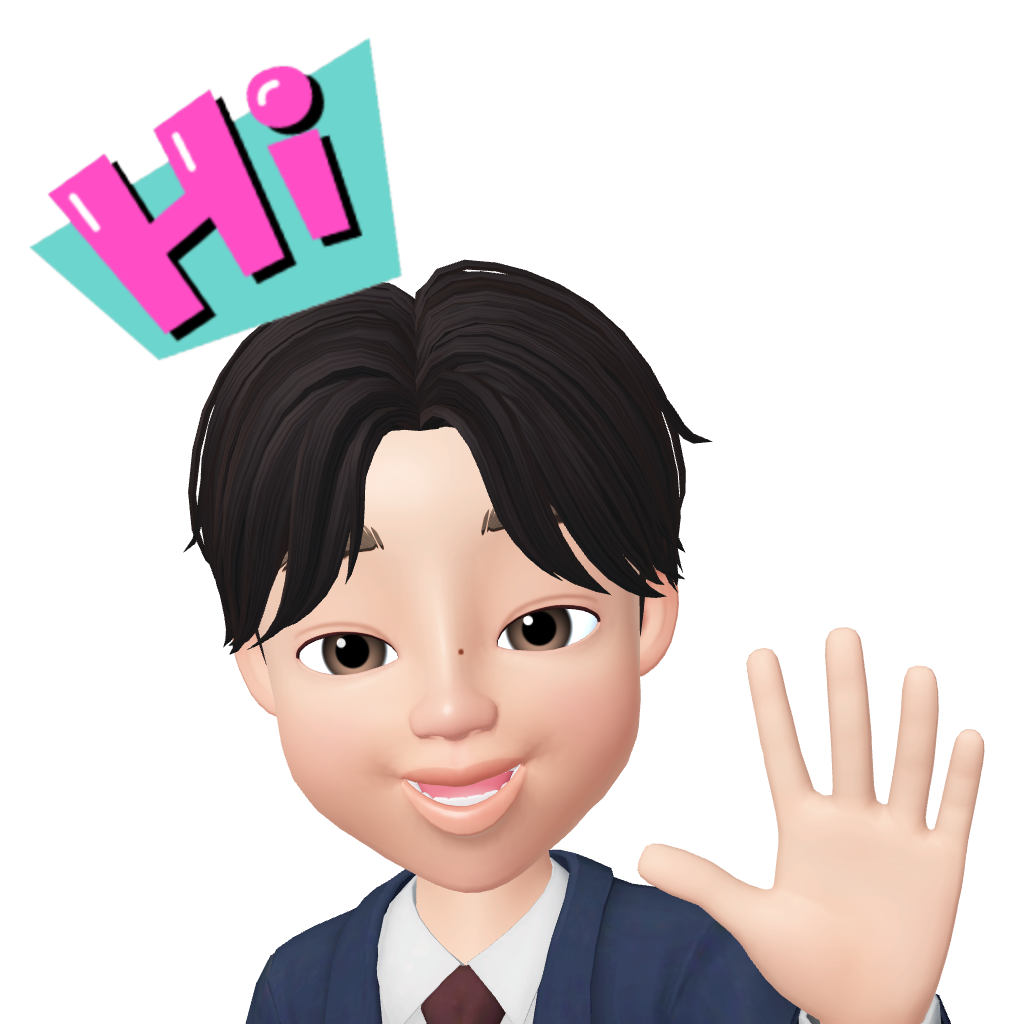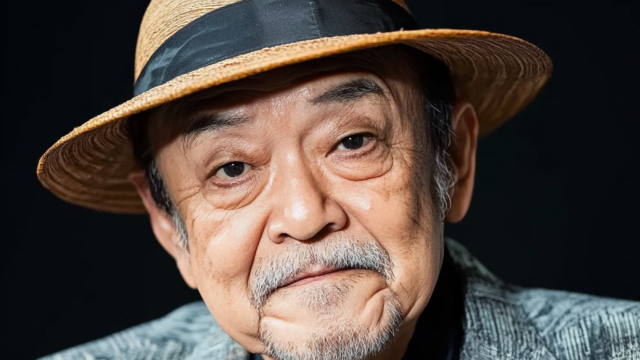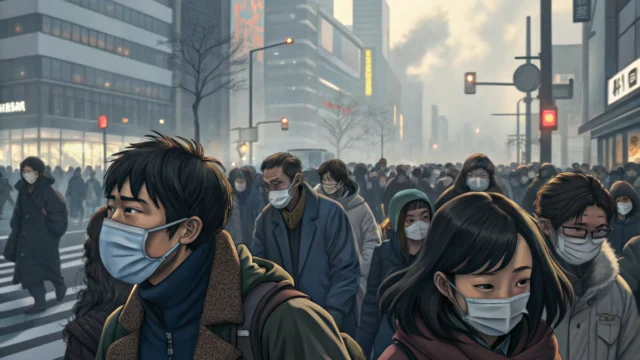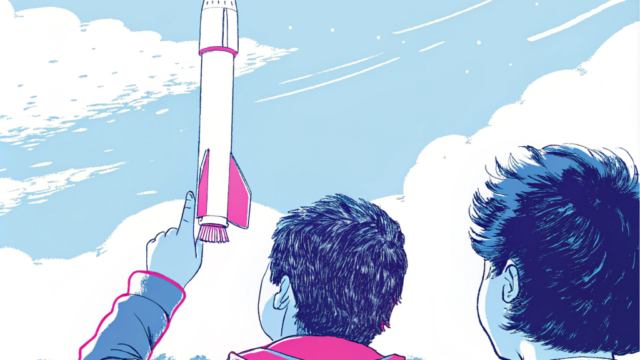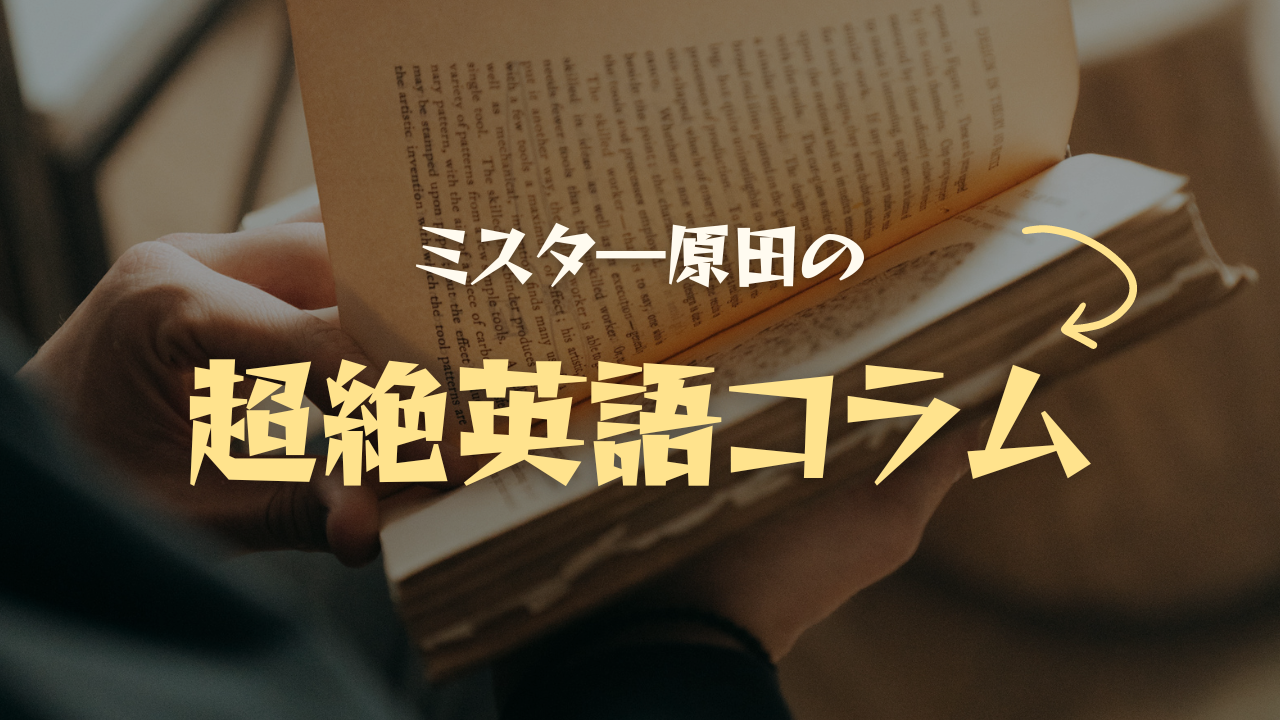
「教室の静かなる危機」~Kids will be kids(子どもは子どもらしく)?~
英語には「Kids will be kids(子どもは子どもらしく)」という寛容な表現がある。直訳すると「子どもは子どもであり続ける」となるが、実際には「子どもの行動は予測不可能で、それが自然なこと」という意味だ▼しかし、最近の教育現場で起きている現象は、この慣用句では片付けられない深刻さを帯びている。「アイムフリー」というアカウントのXポストが話題になっているが、そこには現代の教室の厳しい現実が赤裸々に綴られている▼「低学年が大変になってきている。話が聞けない。座ってられないで立ち歩く。やりたくないことはしない」—このポストは1,195万回も表示され、多くの教育関係者の共感を呼んでいる。座っていられない、話を聞けない、基本的な生活習慣すら身についていない子どもたちが急増しているという現実は、単なる「子どもらしさ」を超えた何かを示唆している▼アメリカでは「helicopter parenting(ヘリコプター・ペアレンティング)」という言葉が1990年代から使われ始めた。子どもの上空を旋回するヘリコプターのように、常に監視し、あらゆる困難から守ろうとする過保護な育児スタイルを指す▼その結果、子どもたちは自立性や忍耐力を育む機会を奪われ、「snowflake generation(雪の結晶世代)」と揶揄されることもある。一つ一つが繊細で、少しの圧力でも溶けてしまう雪の結晶のように、困難に対する耐性が低いという意味だ▼英語圏では「pick your battles(戦いを選べ)」という表現があるが、現代の大人たちは子どもとの「戦い」を避けすぎているのかもしれない。ポストで指摘されている「やりたくないことはしない」「字を書くことに強い抵抗を示す」といった行動は、適切な境界線の欠如を物語っている▼もちろん、子どもの個性や意思を尊重することは重要だ。しかし、社会生活に必要な最低限のルールや習慣まで「選択制」にしてしまうと、結果的に子どもたち自身が困ることになる▼これらの小さな革命者たちは、実は大人社会からの明確な指針を求めているのかもしれない。「Kids will be kids」の精神を保ちながらも、適切な境界線を示すことが、今の教育現場に求められている知恵なのだろう。
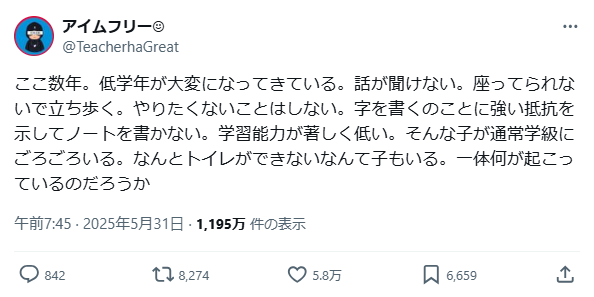
https://x.com/TeacherhaGreat/status/1928583453072916757
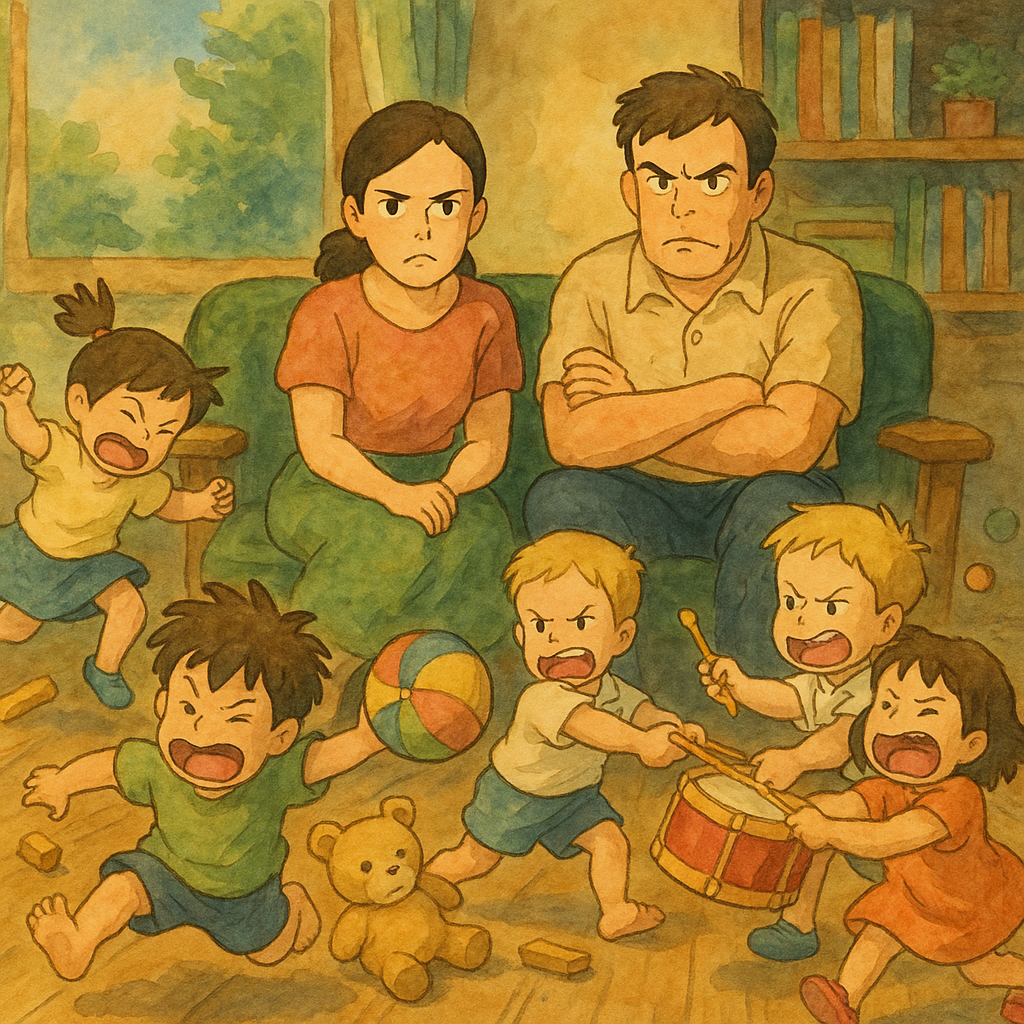
【英語訳】”The Silent Crisis in the Classroom”
There’s a tolerant expression in English: “Kids will be kids.” While it literally translates to “children will remain children,” it actually means “children’s behavior is unpredictable, and that’s natural.” However, the phenomena occurring in today’s educational settings carry a gravity that cannot be dismissed with this idiom.
A post by an account called “I’m Free” on X (formerly Twitter) has sparked discussion, laying bare the harsh realities of modern classrooms. “Lower grade students are becoming increasingly difficult. They can’t listen. They can’t sit still and wander around. They won’t do things they don’t want to do”—this post has been viewed 11.95 million times and has resonated with many educators. The reality of children rapidly increasing who cannot sit still, cannot listen, and lack even basic life skills suggests something beyond mere “childlike behavior.”
In America, the term “helicopter parenting” began being used in the 1990s. It refers to an overprotective parenting style where parents hover above their children like helicopters, constantly monitoring and trying to shield them from all difficulties. As a result, children are deprived of opportunities to develop independence and perseverance, sometimes being mockingly called the “snowflake generation.” Like delicate snowflakes that melt under the slightest pressure, they have low tolerance for difficulties.
In English-speaking countries, there’s an expression “pick your battles,” but perhaps modern adults are avoiding too many “battles” with children. The behaviors pointed out in the post—”won’t do things they don’t want to do” and “showing strong resistance to writing”—tell a story of lacking appropriate boundaries.
Of course, respecting children’s individuality and will is important. However, when even the minimum rules and habits necessary for social life become “optional,” children themselves end up struggling as a result.
These little revolutionaries may actually be seeking clear guidance from adult society. While maintaining the spirit of “Kids will be kids,” showing appropriate boundaries is perhaps the wisdom that today’s educational settings require.
